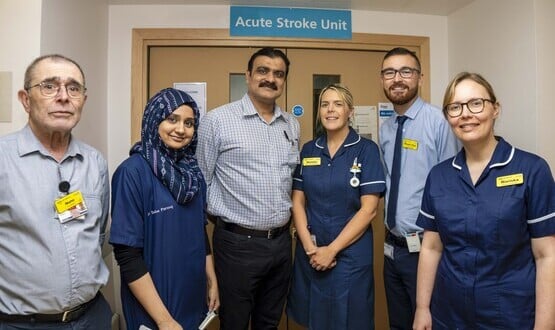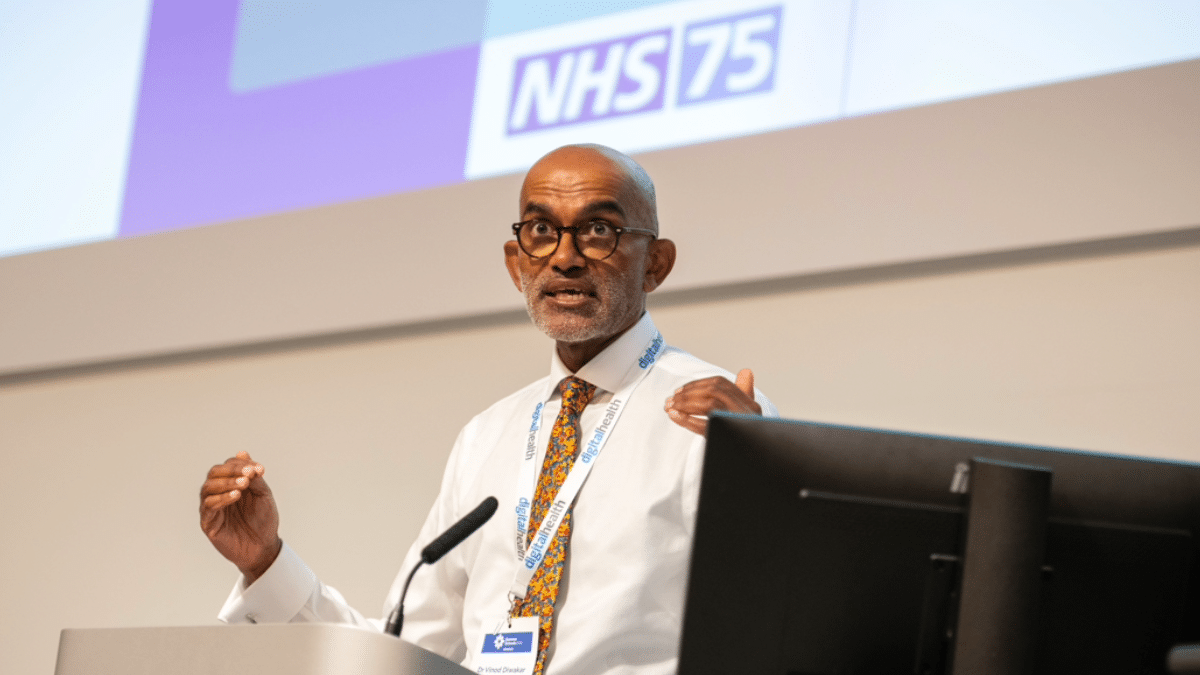Dr Foster and Birmingham clash again
- 29 November 2010
One of two trusts identified by Dr Foster as having higher than expected death rates and more deaths than would be expected after surgery has described its methods as “flawed”.
Dr Dave Rosser, executive director of University Hospitals Birmingham NHS Foundation Trust, issued a statement to various media organisations following the publication of this year’s Hospital Guide saying it could cause “unnecessary confusion and distress.”
The trust was named alongside Hull and East Yorkshire Hospitals NHS Trust as having a high Hospital Standardised Mortality Ratio and a high rate of deaths after surgery; a new measure introduced to the guide this year.
Dr Rosser suggested that its figures might have been skewed by treating large numbers of patients for liver disease. Hull and East Yorkshire flagged the deprived area it serves as a potential cause of its poor showing.
University Hospitals Birmingham has crossed swords with Dr Foster before. Last year, when the guide attracted more public attention because it apparently picked up problems in Basildon that the Care Quality Commission had missed, the trust talked of taking legal action against it.
It did not follow through. But this year it was one of two trusts that did not fill in a self-assessment survey for the Hospital Guide, which is now in its tenth year.
The other trust that did not fill in a return was George Eliot Hospital NHS Trust, which the guide identifies as one of 19 trusts with higher than expected HSMRs.
For its tenth anniversary, the guide flags up some trends, noting that deaths in hospital continue to fall and that the gap between trusts with high and low HSMRs has narrowed. The figure of 19 trusts with higher than expected HSMRs is down from 27 last year.
Dr Foster says its work also suggests that compliance with safety alerts has improved. But it echoes the concern of other organisations about the standard of medical record keeping and clinical coding.
It also says that trusts are almost certainly under recording ‘adverse events’, although 27,000 were recorded in 2009-10.
The Hospital Guide also taps into trust concern to make substantial efficiency savings by highlighting the costs of poor care in terms of hospital readmissions, focusing on coronary artery bypass graft surgery and stroke.
It argues that the main reasons that people are readmitted after stroke – another stroke, urinary tract infection and broken hip – can all be managed, and that the rate at which hospitals admit people for further treatment within six months of a stroke vary between 44 and 80%.
Health secretary Andrew Lansley welcomed this year’s Hospital Guide, telling the Guardian that his government would “shine a bright light on NHS performance” and change the NHS tariff to discourage unnecessary readmissions.
The government has also announced that it will change the HSMR and introduce a new Summary Hospital-Level Mortality Indicator to include deaths within 30 days of discharge from hospital.
The government has described the new SHMI as a ‘smoke alarm’ that may indicate a cause for concern that should be investigated.
Dr Foster, which is part-owned by the DH but due to be sold, used exactly the same language in relation to the tables in the Hospital Guide, which was published yesterday.
Link: Hospital Guide 2010 on Dr Foster health.co.uk




